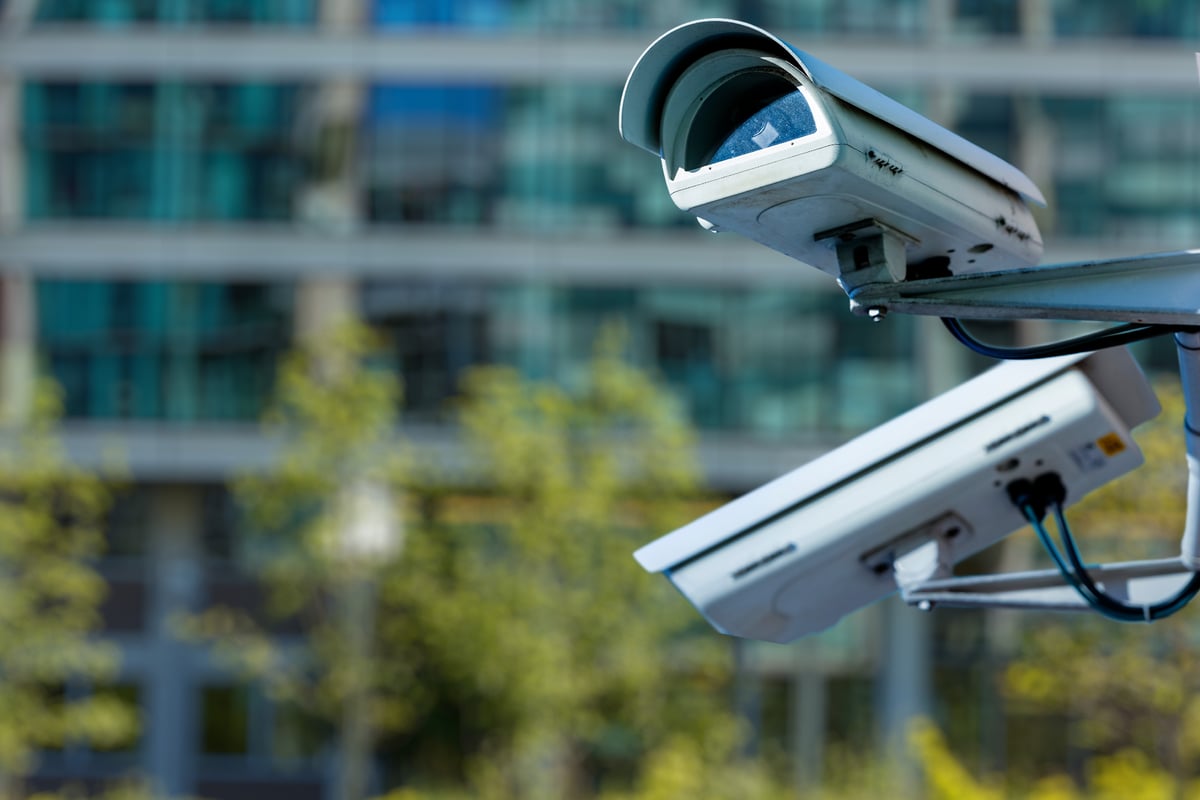What is the Vifo Act and why is it important for national security?
Under the Investment, Mergers and Acquisitions Security Screening Act (the Vifo Act), transactions that may pose a risk to national security must first be approved by the Minister of Economic Affairs. The purpose of this security screening is to:
- prevent undesirable strategic dependencies;
- prevent the integrity and exclusivity of knowledge and information from being compromised;
- safeguard the continuity and resilience of vital processes.
This article will address the current and potential future scope of the Vifo Act, including the use of AI in supporting military operations or security organizations more generally.
In upcoming articles on the Vifo Act, we will cover:
-
acquisition activities and reporting thresholds;
-
the notification and assessment process at the Bureau for Investment Screening;
-
the investment test and possible outcomes/consequences.
A further article will be published on the proposed Defense and Security-Related Industries Resilience Act. This draft bill includes an investment screening process relating to target companies active in the field of military goods or designated as essential defense suppliers under the framework of services of general economic interest or stockpiling obligations. The aim of this law is to prevent certain enterprises essential to the defense apparatus from falling into the wrong hands or being subject to undesirable influence.
Which target companies does the Vifo Act currently apply to?
At present, the investment screening under the Vifo Act applies to mergers, acquisitions, and other investments where the target company is a vital provider, a manager of a business campus, or active in the field of sensitive or highly sensitive technology.
A target company is considered a vital provider if it operates in the following areas:
- heat transport;
- nuclear energy;
- air transport (including airlines and ground handling services);
- port areas;
- banking;
- financial market infrastructure;
- extractable energy; and/or
- gas storage.
A “manager of a business campus” is defined as a company that manages a site where a cluster of businesses is active and where public-private collaboration takes place on technologies and applications of economic and strategic importance to the Netherlands.
Furthermore, (highly) sensitive technology includes:
- dual-use goods subject to export licensing;
- certain military goods;
- quantum technology;
- photonics technology;
- semiconductor technology; and
- high-assurance technology.
Future expansion of the Vifo Act to AI, biotechnology, and other sectors
It is expected that the scope of the Vifo Act will soon be expanded to the following sectors:
- artificial intelligence (AI);
- biotechnology (such as synthetic cell technology for the artificial development of living cells, stem cell technology for the cultivation and manipulation of stem cells, and gene editing);
- advanced materials (such as materials enabling the storage, transport, or conversion of energy, 2D materials, and high-entropy alloys (HEA));
- nanotechnology (such as micro-/nanoreactor technology);
- sensor and navigation technology (such as SLAM technology, sensor fusion and array technologies, sensor network and ambient technologies, and signature management and pattern recognition technology); and
- nuclear technology for medical applications (therapeutic and diagnostic nuclides).
With regard to AI, including underlying models, this involves systems that are actually used, intended to be used, or specifically designed to support military operations or security organizations in general, for the purposes of:
- observation and intelligence gathering;
- information and intelligence processing and decision-making;
- support for combat services (combat service support); or
- autonomous navigation and patrols.
Companies active in the above-mentioned sectors will be classified under the Vifo Act as target companies active in the field of highly sensitive technology. The same applies to companies engaged in information security or in developing/using laser-satellite communication techniques (currently still considered “sensitive technology companies”).
The result of this reclassification is that acquiring 10% of the voting rights in such a target company will already trigger a mandatory notification under the Vifo Act (to be elaborated further in a forthcoming article).
Questions about the Vifo Act or the Defense Resilience Bill? Contact us
Are you dealing with legal issues in the field of defense or security? Would you like to know how to legally structure investments, or whether the Vifo Act applies to your situation? Please contact one of our specialists. We will be happy to think along with you.












